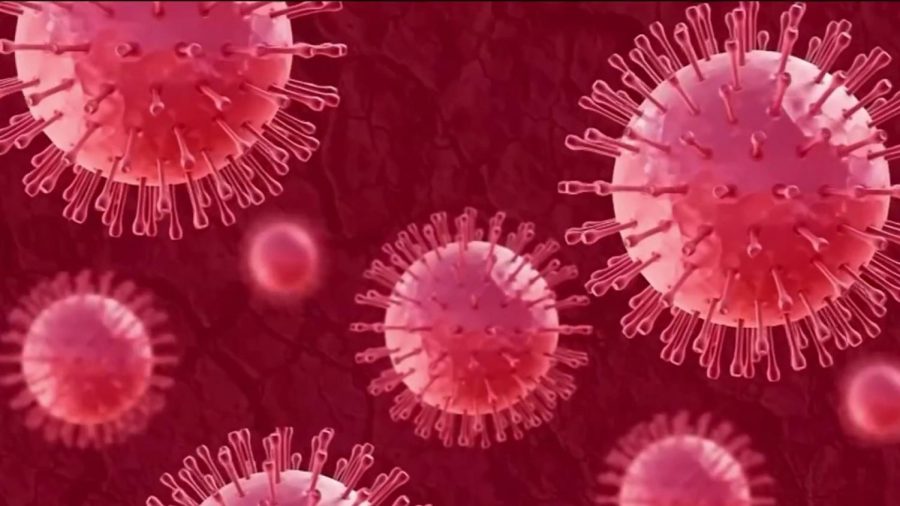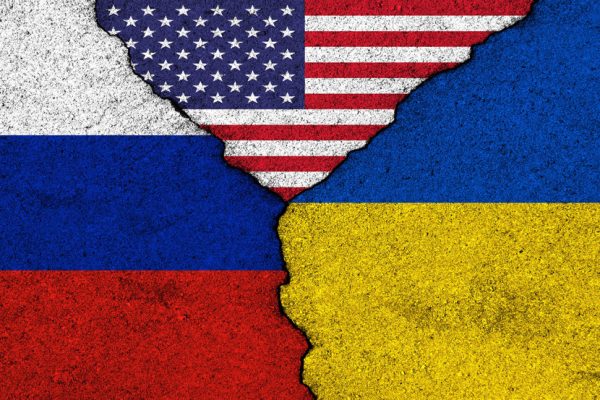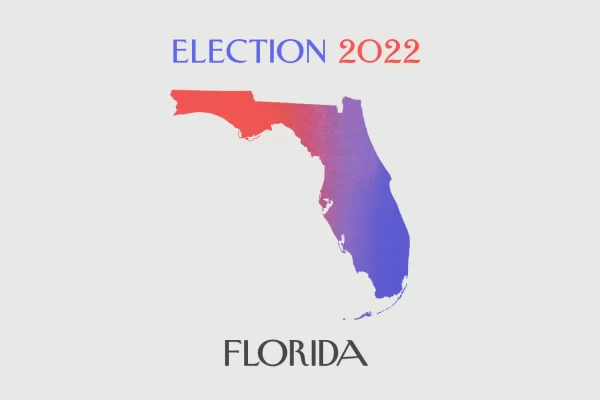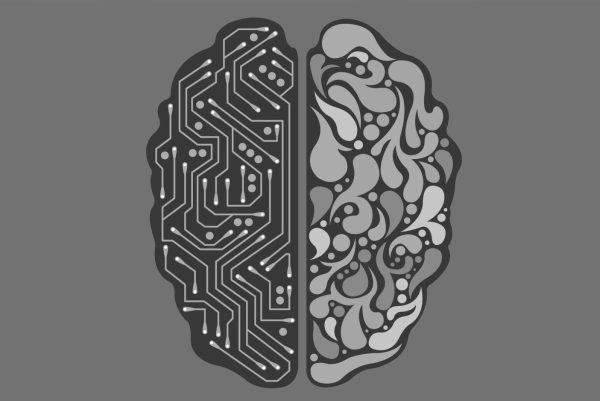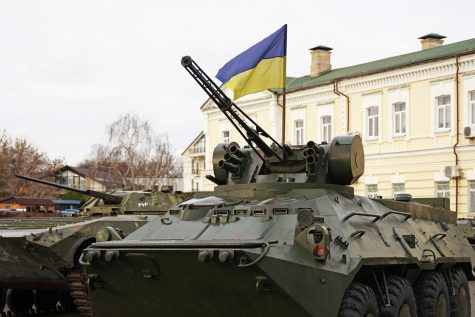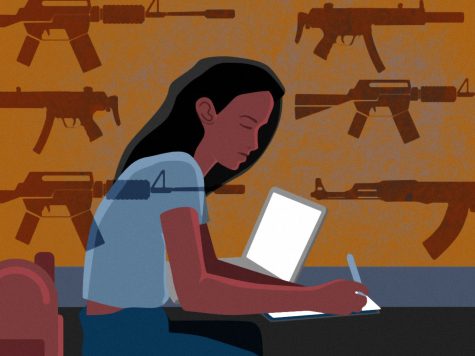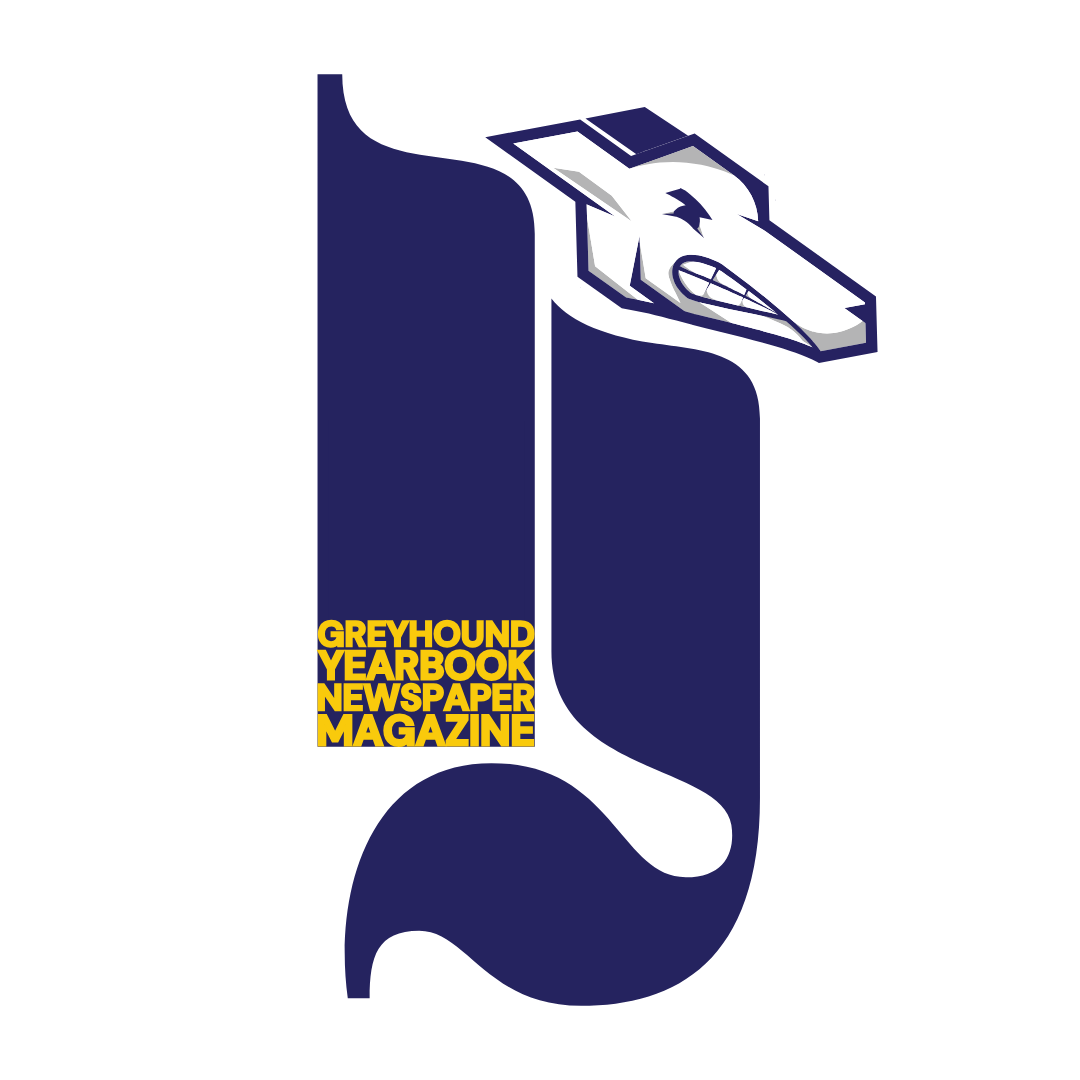Omicron: The New COVID Variant
Omicron is a new variant of the COVID-19 disease that has caused the world pandemic and has turned into a hot topic issue as to how to solve and limit the spread of the disease. President Biden calls the new Covid-19 variant a cause for concern, not a cause for panic. According to the Center for Disease Control and Prevention, there have been no cases identified in the United States but it seems that reaching the United States is imminent.
Origins
The Omicron coronavirus variant was first detected in South Africa and has since spread to the United Kingdom, Hong Kong, Belgium, Israel, Germany, Italy, and more. Japan has become the latest country to ban all foreign travelers. South Africa’s number of daily cases increased from around 200 to 2,500 daily cases on Thursday, Nov. 25 which was when scientists discovered the new variant.
The Variant
The World Health Organization called it a “variant of concern” and was named Omicron after the letter in the Greek alphabet and more recently, WHO has stated that Omicron poses a very high risk globally.
According to scientists at the CDC, the Omicron variant appears to have a high number of mutations which leads to how easily it could spread but are unsure if it is that or other factors affecting the skyrocket in cases. So far, no data suggests the Omicron variant’s symptoms are different from other variants. The many different mutations of this variant cause concern because it means that it could be more contagious and pre-existing vaccines could become less effective.
“Preliminary evidence suggests an increased risk of reinfection with this variant,” the WHO said in an emergency meeting. By saying the risk of reinfection, it is referring to an increased risk in people that have already had Covid-19.
The WHO is currently working with South Africa and other partners to understand the possible impacts of our counterattacks on the virus, such as how effective current vaccines are or masks.
What Can Countries Do?
Countries can work together to limit the spread of the new variant as more testing is done. According to WHO, countries can do the following:
- Enhance surveillance and sequencing efforts to better understand circulating SARS-CoV-2 variants,
- Submit complete genome sequences and associated metadata to a publicly available database, such as GISAID,
- Report initial cases/clusters associated with VOC infection to WHO through the IHR mechanism,
- Where capacity exists and in coordination with the international community, perform field investigations and laboratory assessments to improve understanding of the potential impacts of the VOC on COVID-19 epidemiology, severity, the effectiveness of public health and social measures, diagnostic methods, immune responses, antibody neutralization, or other relevant characteristics.
The new COVID-19 variant brings rise to concern but there still needs to be more testing done and studies to find how dangerous Omicron is and what people and countries can do to limit the spread.
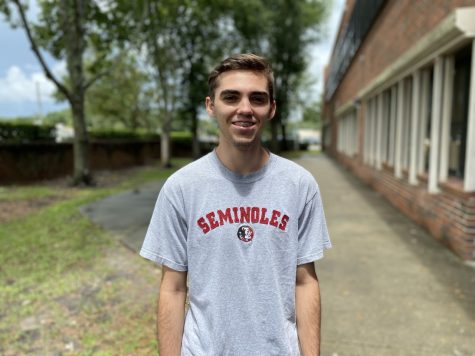
Justin Ryan Worden is a senior, and the newspaper's managing editor. Apart from writing phenomenal stories, Justin is a major history buff. He even...


